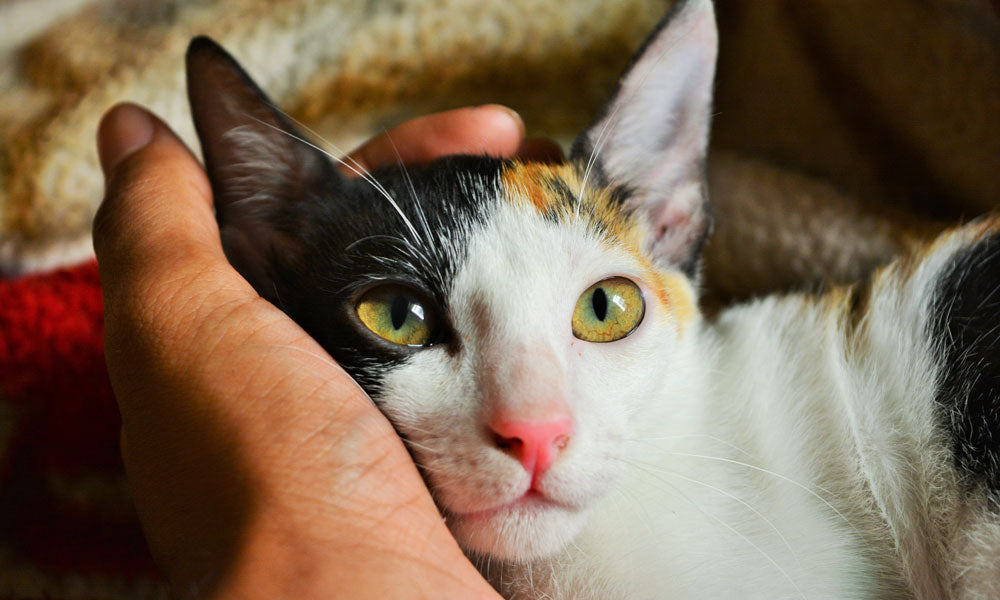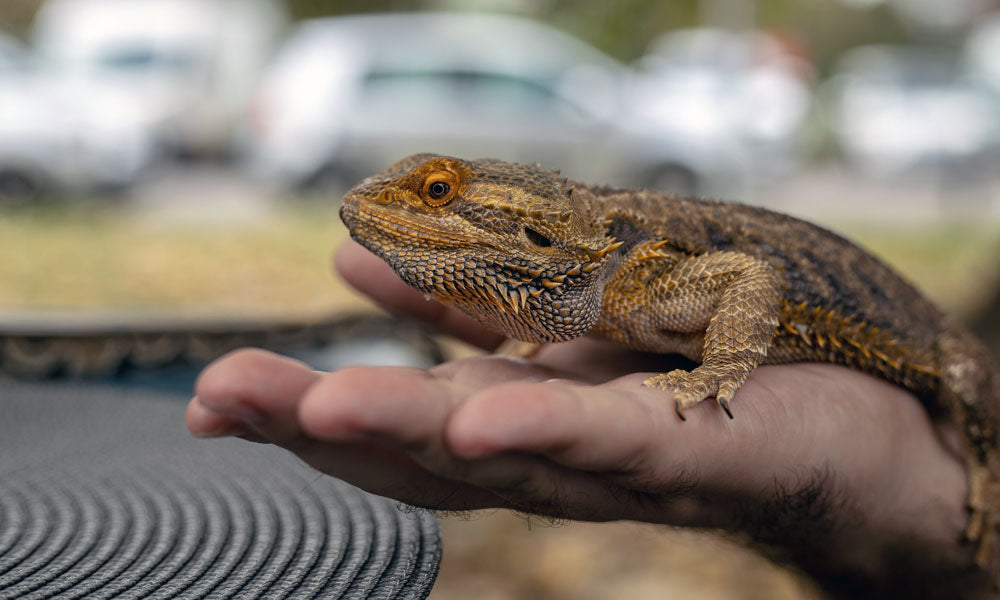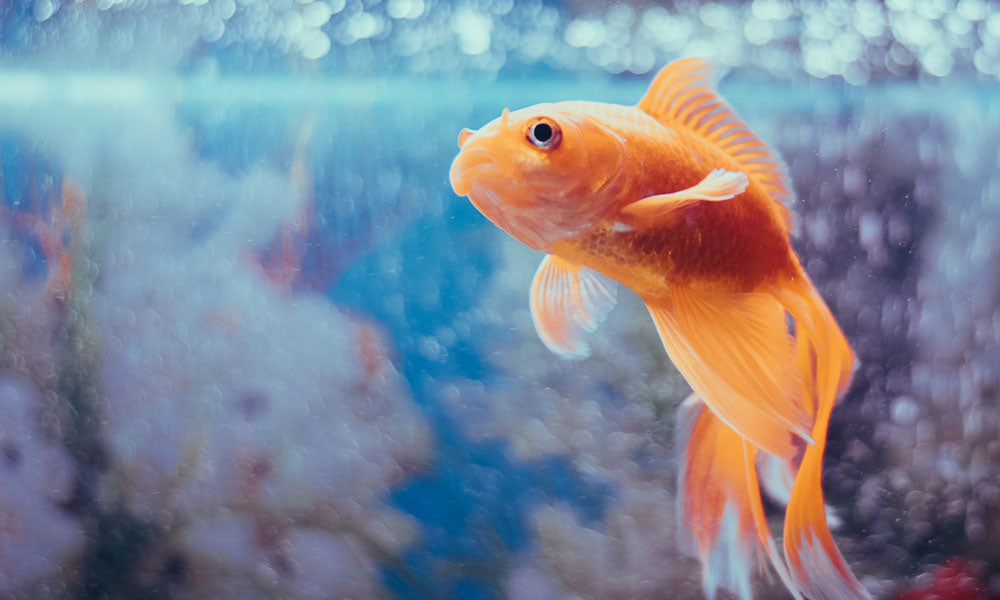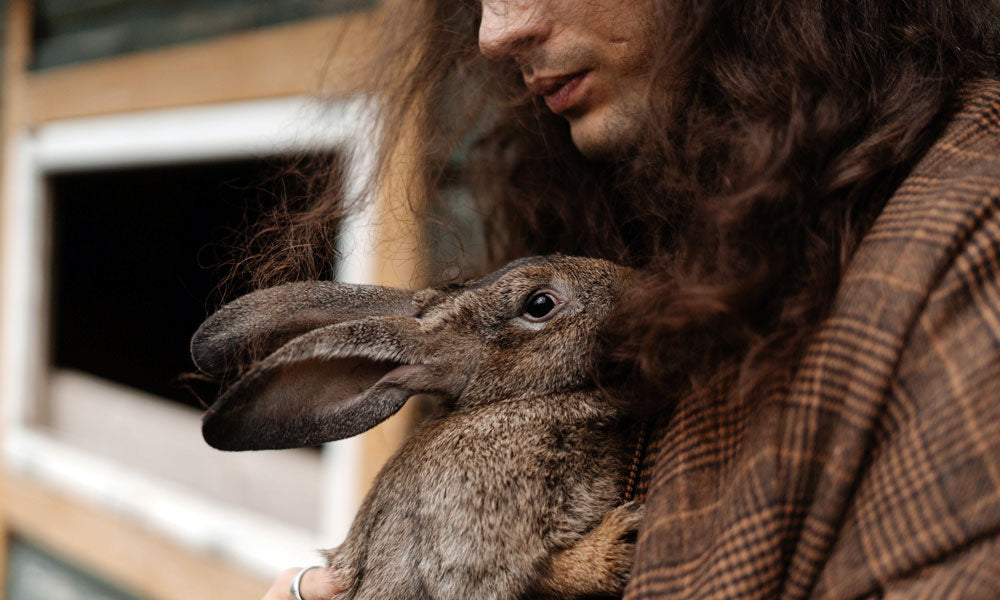
Unleashing Wellness: The Therapeutic Benefits of Pet Ownership
Since we wrote our article about the surge in pet ownership in Britain last June, pet ownership in the UK has increased even further. According to the Pet Food Manufacturers Association (PFMA) 13 million UK households now own a pet dog and 12 million own a pet cat. You can find out how these statistics compare with the rest of the world in this fascinating article by the World Animal Foundation. But why do we all love our pets so much?
 Calico cat photo by Amiya Nanda on Pexels
Calico cat photo by Amiya Nanda on Pexels
The Magic of Companionship
The emotional support that we derive from our pets goes well beyond subjective sentiments; it's a quantifiable force with transformative impacts. According to a recent in-depth survey also conducted by the Pet Food Manufacturers' Association (PFMA), an overwhelming 95% of pet owners perceive their pets not just as animals but as genuine companions. This statistic serves as a testament to the profound connections forged with pets, transcending species boundaries—encompassing traditional choices like cats and dogs to the more unconventional, including fish, rodents, birds, rabbits and reptiles. (Incidentally, at 2.2 million, the UK has the highest pet reptile population, followed by Russia with 1.1 million)
Expanding on this, the survey reveals nuanced insights into the dynamics of these bonds. Cat owners, for instance, highlight the calming effect of a cat's purr, a sentiment echoed by reptile enthusiasts who enjoy the zen-like, deliberate and tranquil movements of their scaly companions. These distinct connections emphasize the diverse ways in which pets contribute to our emotional well-being. It’s not a one-size-fits-all as one person’s cute is a another person’s scary – but we think you’ll agree that there is a perfect pet (or two) for pretty much everyone out there!
 Beagle photo by Jermaine Lewis on Pexels
Beagle photo by Jermaine Lewis on Pexels
Stress Reduction and Mental Health
The empirical evidence linking pet ownership to reduced stress levels is both compelling and multifaceted. The simple act of interacting with pets triggers the release of oxytocin, commonly referred to as the "love hormone," and associated with stress reduction. The Mental Health Foundation (MHF) further substantiates this claim, reporting that a noteworthy 74% of pet owners feel that their mental health has markedly improved since welcoming a pet into their homes. Pets can reduce anxiety and boost self confidence. As the MHF asserts:
“Pets can be great listeners, offer unconditional love and won’t criticise you. This can help your self-confidence, especially if you feel isolated or misunderstood.”
They can also help you to meet new people – either face-to-face at the dog park or online in breed owners groups of pet care forums.
Beyond the physiological aspects, personal testimonials unveil the intricate ways in which different pets contribute to stress reduction. Fish enthusiasts, for example, emphasise the mesmerizing effect of watching fish swim gracefully in an aquarium, creating a serene and meditative atmosphere. Dog owners, on the other hand, will attest that their daily walks and playful interactions with their canine companions serve as extremely effective stress-relief strategies.
 Pet lizard photo by Boris Hamer on Pexels
Pet lizard photo by Boris Hamer on Pexels
Beyond Dogs and Cats: Pets for Every Personality
Although dogs and cats remain quintessential to the fabric of traditional pet ownership, the therapeutic benefits of pets are proven to extend far beyond these conventional realms. A notable trend highlighted by the British Small Animal Veterinary Association reveals an 18% increase in the ownership of smaller mammals, such as hamsters and rabbits, over the last five years. This attests to the growing popularity of different types of pet as valuable contributors to therapeutic well-being.
Reptiles, known for their low-maintenance companionship, contribute to stress reduction in unique ways. Insights from reptile owners shed light on the fascination and wonder that these creatures evoke. The meticulous care and observation required for reptile companionship provide a unique form of mindfulness, creating a symbiotic relationship that extends beyond the surface level.
Understanding the specific therapeutic benefits of different types of pet is really useful when choosing a companion to complement your lifestyle. For instance, the gentle and rhythmic movements of fish have been shown to lower blood pressure and induce a state of calmness, contributing to a holistic approach to health.
 Pet fish photo by Kabita Darlami on Pexels
Pet fish photo by Kabita Darlami on Pexels
Daily Doses of Joy
Beyond the simple realm of stress reduction, pets have always been architects of joy in the daily lives of their owners. According to the PDSA Animal Wellbeing Report, a resounding 85% of pet owners express that their pets bring them happiness. These findings resonate with countless anecdotes detailing the playful antics of dogs, the serene presence of fish, and the endearing behaviours of cats. These daily moments of joy create an environment that uplifts our spirits and enhances our overall well-being, every single day.
 t="Pet rabbit photo by Cottonbro Studio on Pexels
t="Pet rabbit photo by Cottonbro Studio on Pexels
Responsibilities and Considerations
Of course, it’s not always plain sailing. Particularly when introducing a new puppy or kitten to your home, there will be accidents, destruction and maybe even some sleepless nights. With other pets such as reptiles or fish, a daily care practice can seem a bit ‘extra’ at first until it is assimilated into your routine. These things take time, but on the whole it always gets better and the benefits of owing a pet far outweigh any of the pitfalls.
Before you get a new pet though, it is crucial to acknowledge the responsibilities that come with it. The RSPCA reports that more than 5% of pet owners regret not considering the long-term commitments before acquiring a pet. Understanding the commitment involved, from regular veterinary care to providing a suitable environment, is vital for ensuring the well-being of both the owner and the pet.
It is also essential to consider the financial aspect of pet ownership Statistics from the Money Advice Service reveal that the average lifetime cost of owning a dog, including food, veterinary care, and other expenses, can amount to tens of thousands of pounds, highlighting the importance of financial planning and consideration before getting a pet.
Whether furry, scaly, or feathered, the essence of wellness is unleashed in the presence of a cherished animal companion. When you embrace the responsibility and joy that comes with pet ownership, you will not only enrich the life of your pet, but also contribute to the broader tapestry of a pet-loving society, where the bond between humans and their animal companions serves as a testament to the enduring power of love.
Main photo by The Lazy Artist Gallery on Pexels
